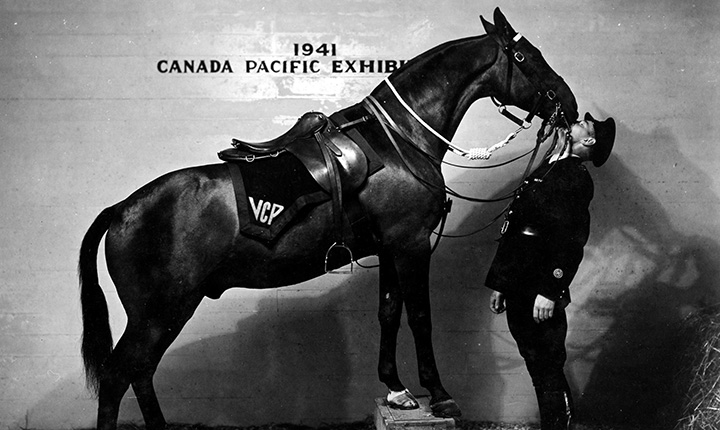HIST*2120 - Animals and Society
Course Description

This course provides a historical survey of modern human-animal relationships and the contradictions that characterize them. Topics may include: hunting and sporting, horses and 19th century cities, natural history and the zoo, history of veterinary medicine, 20th century animal sports, the birth of industrial animal agriculture, animals as biotechnology, anti-cruelty movements, petkeeping and consumerism, animal figures in popular culture. The thematic or geographic focus of the course may vary according to the expertise of the instructor.
Learning Outcomes
By the end of the course, the learner should be able to:
- Describe the historical development of and variation in human-animal relationships;
- Explain your understanding of thematic interpretations of history by problematizing various political concepts as well as categories for interpreting nonhuman animals;
- Write research essays that demonstrate the ability to isolate and synthesize key historical examples, extract lessons from that history, and make connections to broader themes of the course;
- Engage in independent research to explore broader themes of the course with respect to human-animal relationships;
- Locate relevant primary and secondary sources from academic and non-academic literature using a traditional library and online archives;
- Summarize, critique, and contextualize historical primary sources to better understand some aspects of the past;
- Articulate the power and limits of human agency with respect to nonhuman animals;
- Describe how to weigh one’s own ethics against those of others, including institutions, businesses and political groups;
- Engage in a constructive dialogue with your peers about difficult topics and your learning.
Course Topics
- Human ascendancy
- Autonomous animals: 1600-1850
- Species, breed, type, and "race"
- "Cruelty" and reform (Urban animals, Part I)
- Pet keeping and the consumer ethic
- Animals at work
- Wild animals and the consumer ethic (Urban animals, Part II)
- Autonomous animals: The 20th century
- Charismatic megafauna and late 20th century environmentalism
- Animals as entertainment
- Animals as data
- Animals as food
Additional Requirements
Prerequisite(s): 2.00 credits
Assessment
| Assessment Item | Weight |
|---|---|
| Introductions Discussion | 5% |
| Short Essay | 20% |
| Primary Source Presentation | 15% |
| Online Discussions (2) | 30% |
| Take-Home Final Exam | 30% |
| Total | 100% |
Technical Requirements
You are responsible for ensuring that your computer system meets the necessary system requirements. Use the browser check tool to ensure your browser settings are compatible and up to date (results will be displayed in a new browser window).
*Course details are subject to change.

